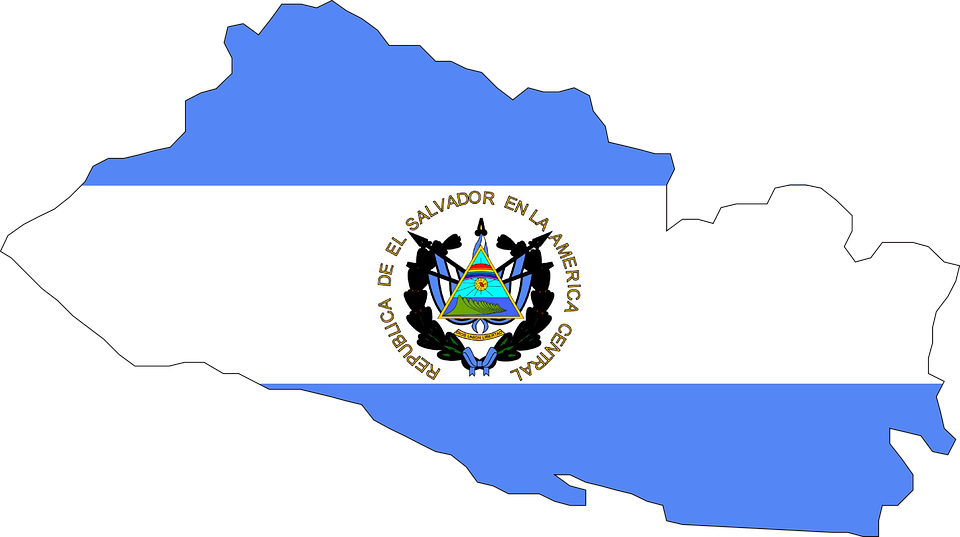Do I come from a “shithole?” I sure don’t believe I do, but I guess the President of the United States does.
El Salvador, Haiti and a pair of African countries all felt the wrath of President Donald Trump’s war against immigration. Initially with policies stripping them of their protections as immigrants, and more recently, derogatory remarks.
Allegedly the remarks were made in reference to Haiti and the African nations, but I don’t think I would be too far removed in assuming Trump has similar feelings about my native country.
I initially laughed off the quote from President Donald Trump. I laughed it off like I do most of his other outlandish and ignorant remarks. Not because I find them funny, but because I’ve just run out of astonishment and disbelief at the idea that someone like him is at the helm of this country.
But the laughter quickly stopped, and the anger soon began. I sat there and let that slur simmer inside of me. I let it simmer right alongside the people Trump threw that “shithole” blanket over. I felt an anger that day I had never felt towards a politician.
My mother is a Salvadoran immigrant. She loves our family unconditionally and works tirelessly at home for us, rarely ever complaining.
The same could be said about my father, another Salvadoran, who wakes up at 2 a.m. to drive a truck for upwards of 15 hours so that our family can have the necessary provisions and luxuries that he wants us to have.
One such luxury he provided for my mother and I was a trip to El Salvador in the spring of last year. It was my first time back since I moved to the United States at age six. We spent 10 days there.
You’d think I’d feel awful about having to spend 10 days in a “shithole”. But in reality, I didn’t know what to feel. It had been so long. I had a few faint memories, but nothing that gave me a definitive idea of what to expect.
I reconnected with family and friends. I met new family and friends. I swam in a warm water lake–a first for me. I ate a whole lot of great food. I visited a number of landmarks. But most of all, I learned.
I learned about a culture I had disconnected myself from for 16 years. And honestly, as cheesy as it may sound, I came home feeling like I had learned so much about love. My aunts and uncles, they treated me like a son. My cousins treated me like a brother. And my grandmother, well, she treated me like two grandsons.
I was left equally aghast by the love from complete strangers. Everyone waved, everyone greeted me, everyone smiled.
Restaurant employees showed a genuine desire to make sure everyone that walked in to eat would feel like they were walking in to eat at their own home. Street vendors treated each and every customer like their most valued one, and the craftsmanship put into their products was unlike any I had ever seen before.
Now I know this may seem like some idealized picture of what El Salvador is like, and it very well might be. Gang violence is running rampant there, along with a corrupt government, and there is not a lot of money to go around.
But to me, those shortcomings do not define El Salvador. Trump’s slur does not define El Salvador.
El Salvador is defined by my parents, my family and all of the people in El Salvador who have worked around the country’s struggles to provide the best life they can for themselves and their families.




